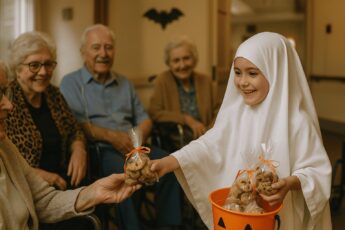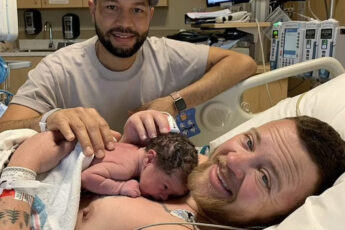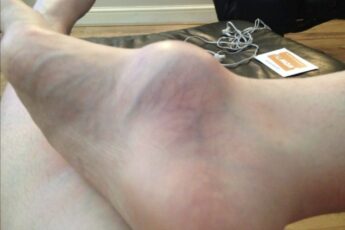When Keith Edmonds was just 14 months old, a horrifying act changed his life forever.
In Flint, Michigan, his mother’s boyfriend, enraged by the toddler’s crying, pressed Keith’s face against an electric heater — inflicting third-degree burns across half his face.
Doctors believed he might not survive the night. Miraculously, he did.
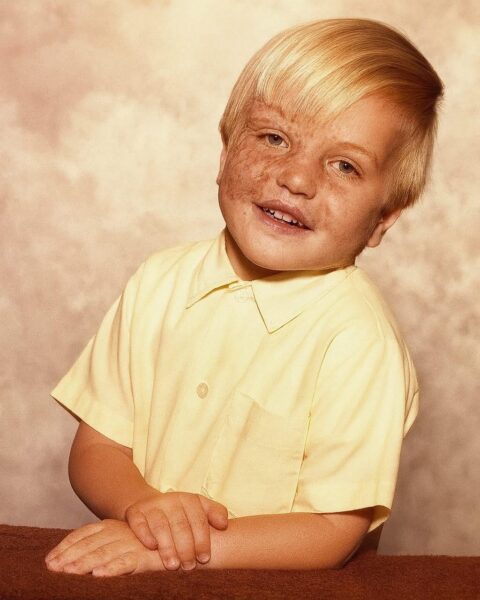
He spent a month in the hospital clinging to life, then continued treatment at the Shriners Burn Institute in Cincinnati until he turned 18.
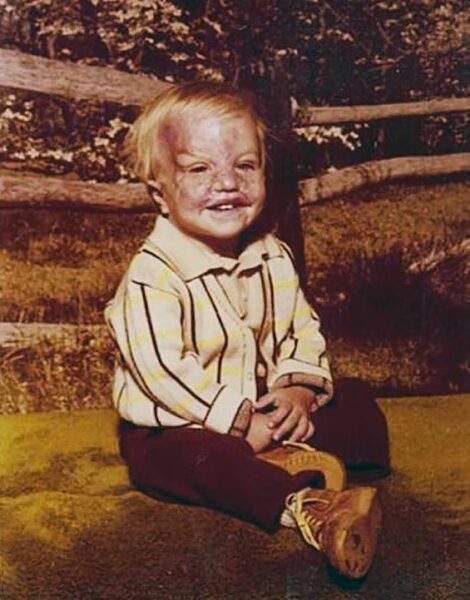
The man who attacked him was sentenced to just 10 years in prison — a punishment Keith would later call far too light given the damage done.
A Painful Journey Through Adolescence
After surviving, Keith’s childhood was marked by trauma and loss. He entered foster care until being reunited with his mother later.
As he grew up, he battled loneliness, bullying, and depression. At age 13, he began using alcohol to cope with his emotional pain.
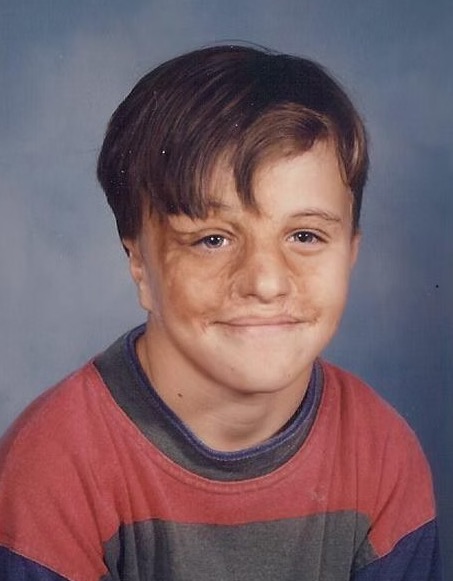
For more than two decades, he struggled with addiction and self-destruction.
But on his 35th birthday (July 9, 2012), something inside him changed. During one of his binges, he found clarity — he wanted to rebuild his life.
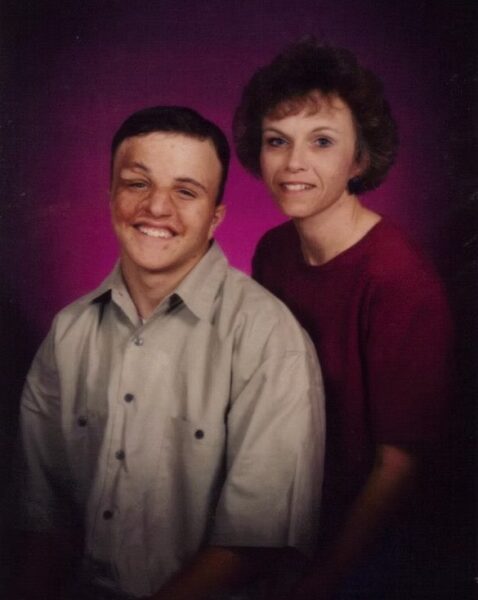
Rebirth & Redemption
Keith set his sights on a new path. He entered the corporate world and built a career in sales — working for companies like Dell and Coca-Cola — where he gained recognition for his performance and dedication.
But Keith’s mission went beyond personal success. In 2016, he founded the Keith Edmonds Foundation, a nonprofit dedicated to supporting abused, neglected, and traumatized youth.
Among its programs:
Backpacks of Love — providing essential supplies to youth entering foster care
Camp Confidence — a summer mentorship camp for survivors of abuse
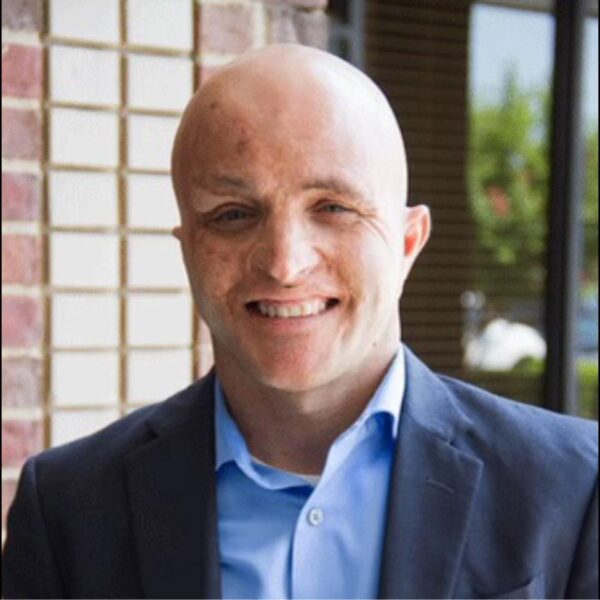
He’s often said that his scars — both visible and hidden — give him credibility with those who have endured trauma.
Forgiveness, Impact & Today
Keith knows where his attacker lives now, yet he has never confronted him. Rather than seek vengeance, he chose forgiveness — not to excuse the crime, but to free himself from its hold.
He continues to speak publicly, mentor youth, and lean into the work of his foundation. Today, Keith lives proof that pain can be transformed into purpose.
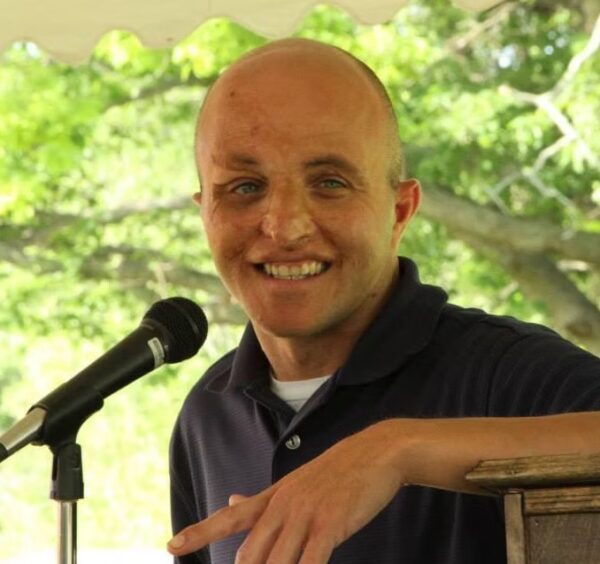
“I spent my whole life trying to transition myself from a victim to a survivor,” he says.

